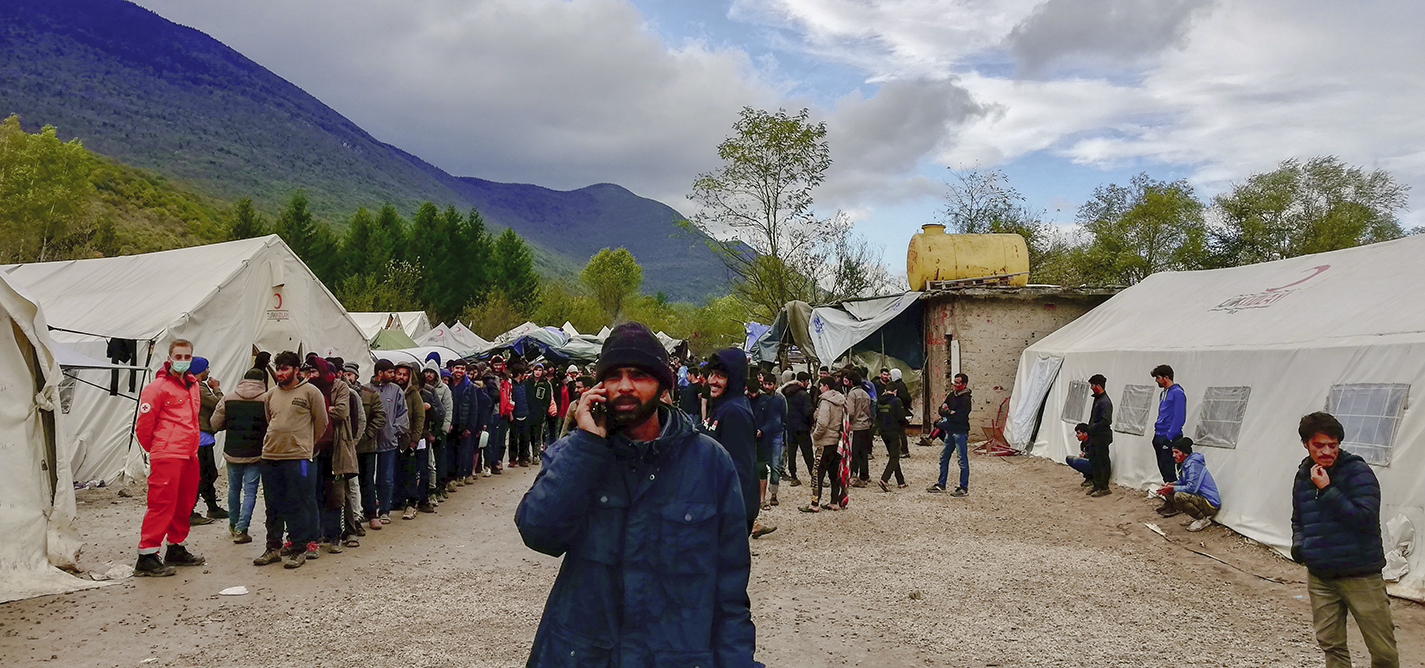
‘Deleting the pain’ at Bosnia’s borders
Violence, dehumanization and restriction of human rights.
|19.11.2019
|
They are now deepening the same abyss by pointing fingers of division between new “victims” and “culprits” — “us” and “them.”

Nidžara Ahmetašević
Nidžara Ahmetašević was K2.0’s regional editor. Nidžara has a Ph.D in media assistance in post conflict countries from the University of Graz, Austria. Her focus as a journalist is on media development in post-conflict countries, hate speech, human rights, feminism and migrations.
This story was originally written in Serbian.